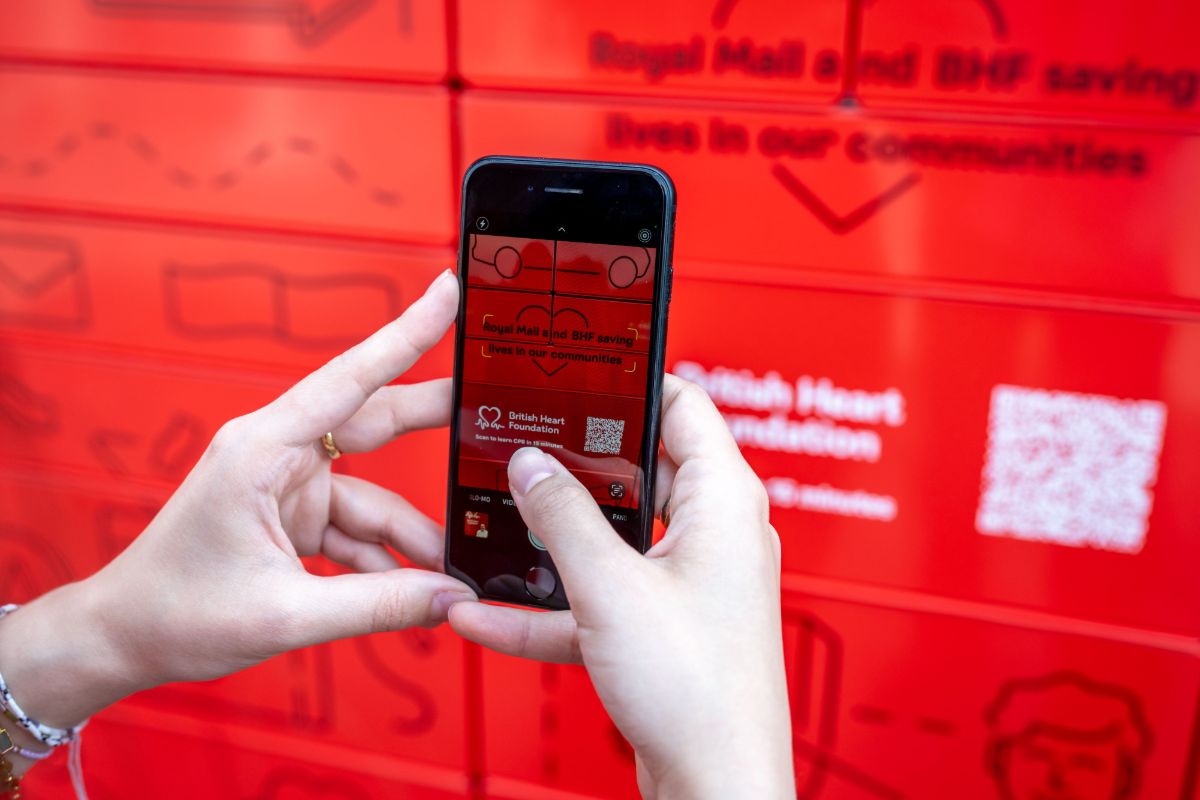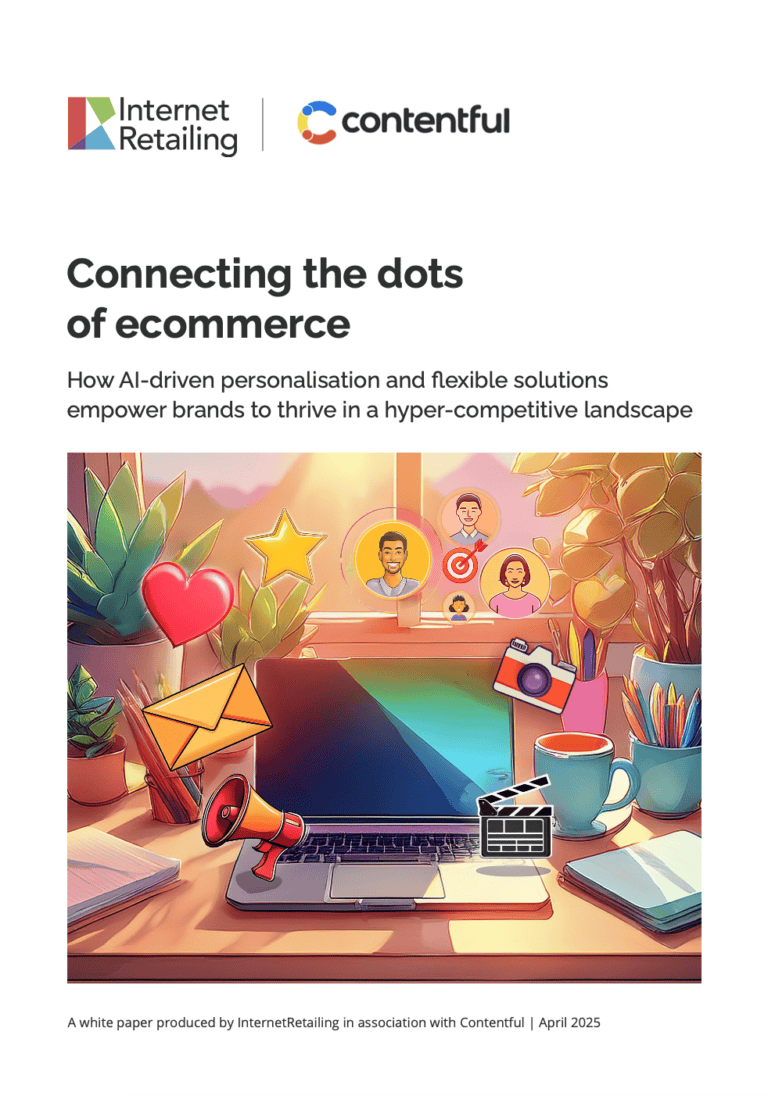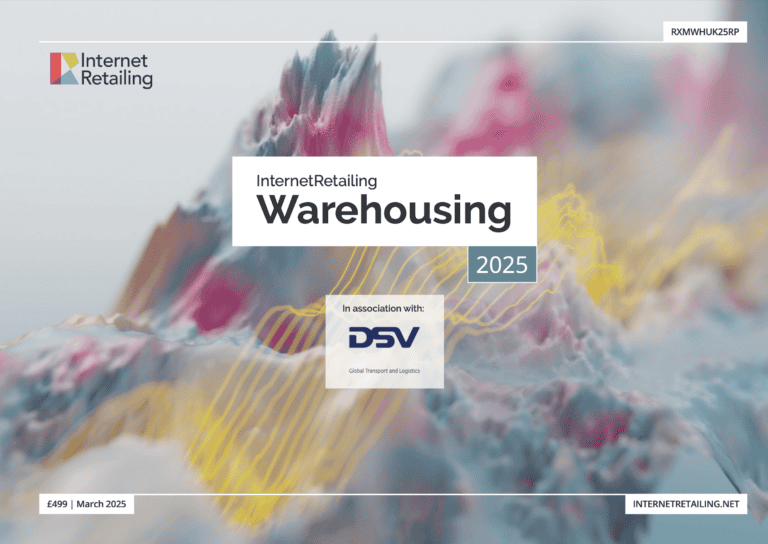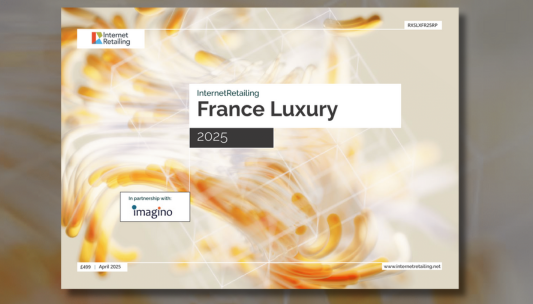Opting into both location and push notifications are necessary in order to receive messages based on beacon proximity, current location or location history – and without consumers agreeing to this, then beacons will fail.
So warns a study by Urban Airship, a mobile relationship management company, which is aiming to see whether privacy campaigners’ fears over data sharing are going to impact the take of the technology.
However, the ides are good. According to the research, which looked at 70 apps that ask users to share their location, between 60 and 80% of users commonly allow location sharing, with an average location opt-in rate of 62%.
And, with an average push notification opt-in rate of 51%, most apps this sample can reach more than half of their users with location- and proximity-triggered push messages and in-app content.
“Customers’ successes using location-targeting and our aggregate data analysis show that assumptions around consumers being reluctant to share location are false and massively short-sell mobile’s unique opportunity,” explains Scott Kveton, CEO and co-founder, Urban Airship. “Users obviously value apps’ location-based functionality to earn the opt-in, just as the best apps do with push notifications by explaining its value and using it in personally relevant ways.”
“We’re consuming media in all forms but mobile ties it together. Mobile is at the center as far as how we engage. We use it everywhere,” said Asif Khan, founder and president, Location Based Marketing Association. “I think that location is the new cookie we’re all familiar with from the online world, only it goes beyond tracking user activity to add powerful, contextual user-centric information including beacon proximity.”
Currently Urban Airship is working with partner Eventbase Technology to power beacon engagement experiences at an upcoming global industry festival following a successful partnership on beacons and push messaging for SXSW and its official mobile app.
And there has already been successful location-based marketing in the UK, carried out by bookmaker William Hill. “As the UK’s largest betting company, William Hill has thousands of retail locations, not to mention the stadiums, playing fields and racecourses where betting occurs,” explains Alex Rutherford, head of mobile sportsbook at the company. “After seeing William Hill’s location-targeted push messages achieve 400% greater engagement than non-location-targeted messages, we’re evaluating getting even more granular with proximity-targeting through beacons.”









